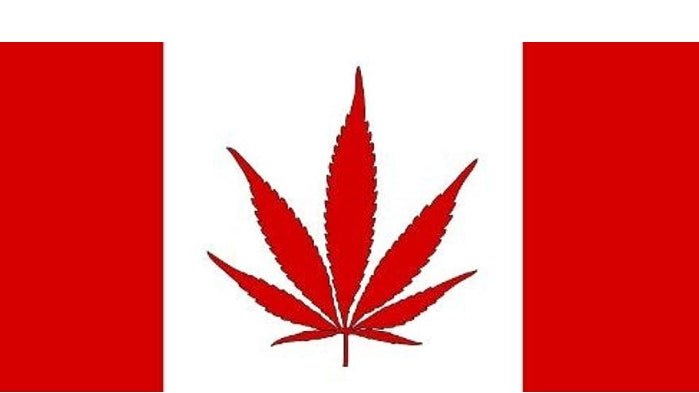During a recent podcast interview, the former agency employee gave his insights into the future of marijuana and the potential effects of rescheduling the plant.

The days of cannabis being a Schedule I drug on the vaunted Controlled Substances List (CSL) may end soon. Last October 6th, President Joe Biden granted pardons to all individuals currently serving federal prison sentences for simple marijuana possession convictions.
As part of that action, Biden also asked the Secretary of Health and Human Services and the Attorney General to "expeditiously" review marijuana scheduling under federal law. It is currently a Schedule I narcotic, which means it allegedly has no medical use and a high potential for abuse.
As that review process is winding down, a former U.S. Food and Drug Administration (FDA) official believes that cannabis will most likely be reclassified as a Schedule III narcotic on the CSL. According to multiple media outlets, Howard Sklamberg, who previously served as chair of the FDA's Marijuana Working Group from 2014 to 2017, shared his thoughts on the possible outcomes of the review process, the impact of rescheduling and the regulatory body's timeline on a Mindset Capital podcast released last Thursday.
During his remarks, Sklamberg said there are two things that "certainly won't happen" as a result of the FDA's review:
- A recommendation to keep marijuana as a Schedule I narcotic
- Remove cannabis from the Controlled Substances List
Since the agency last investigated a potential change in cannabis scheduling in 2016, there has been a dramatic shift in the political, medical and legal attitudes toward marijuana, providing FDA officials with much more flexibility, which means maintaining the status quo is unlikely. However, a total descheduling "would be extremely difficult for FDA," in Sklamberg's estimation, given current regulatory restraints.
"As far as the Goldilocks position, if I were a betting man, I think the most likely outcome will be Schedule III," said Sklamberg, now an attorney at the firm Arnold & Porter. Moreover, he added that while a move to Schedule II is still within the realm of possibility, it would not have the same practical impact on hot-button topics like enabling cannabis businesses to take federal tax deductions. And while the agency is not supposed to be motivated by outcomes, he does point out that context does matter.
"As far as the Goldilocks position, if I were a betting man, I think the most likely outcome will be Schedule III."
- Howard Sklamberg, Former Chair of the FDA's Marijuana Working Group
Sklamberg also discussed the timeline for rescheduling, indicating that, unlike previous attempts that took years to review, this time would be much faster and more efficient.
"This is not on the normal timetable. They are aware of the importance of the issue, the interest of the issue, the White House's interest in the issue—and they're frankly aware of the election cycle and the administration's term coming to an end at the end of 2024. I think all those things come together," he said.
"This is not on the normal timetable. They are aware of the importance of the issue, the interest of the issue, the White House's interest in the issue—and they're frankly aware of the election cycle and the administration's term coming to an end at the end of 2024. I think all those things come together."
- Howard Sklamberg, attorney at Arnold & Porter
A deadline has not been set for the review's completion by the Biden Administration—however, U.S. Health and Human Services (HHS) Secretary Xavier Becerra, who oversees the FDA, said in an interview with Marijuana Moment this past June that all agencies were planning to finish their work on the review process by the end of the year.
The FDA's portion is just one-half of the overall process. Once the agency finishes its scientific review, it will share its conclusions and recommendations with the Drug Enforcement Administration (DEA), which will proceed with its eight-step evaluation before making a final endorsement.
Sklamberg concluded his comments by stressing that while a rescheduling of cannabis would be a "gigantic" step forward, regulations would still take many years to evolve. However, he also pointed out that as younger voters, who are more supportive of legalization reform, gain more representation in the political arena, policies will inevitably change to reflect those views.
The battle over whether to end the federal prohibition of cannabis will likely take many more years to play out before the ultimate will of the people prevails. Poll after poll reinforces the fact that a significant majority of American voters want recreational cannabis legalized across the entire nation.
Political propaganda and economic interests are the only real barriers remaining. These latest comments by Sklamberg and other industry stakeholders indicate the slow yet steady progress made by the ever-growing and relentless legions of pro-legalization supporters and activists. However, pressure must be continuously maintained and efforts redoubled by cannabis advocates and lawmakers to achieve the ultimate goal.








































